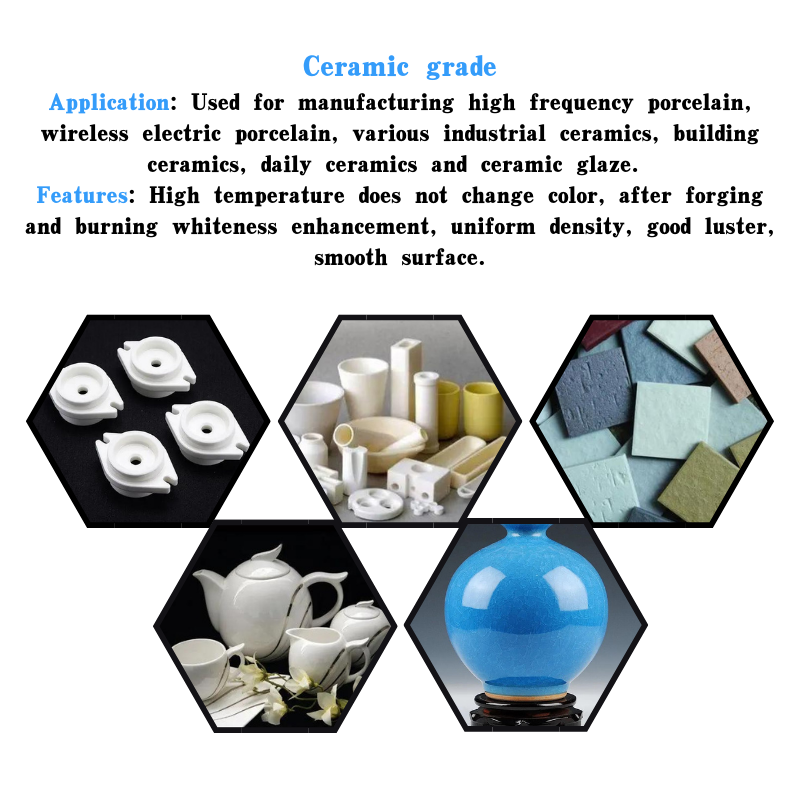
silicon carbide natural
Silicon Carbide A Natural Marvel in Modern Technology
Silicon carbide (SiC), a compound composed of silicon and carbon, has gained significant attention in various industries due to its unique properties and natural occurrence. Found naturally in the form of the mineral moissanite, SiC has been synthesized for industrial use, leading to a plethora of applications that highlight its remarkable characteristics.
Silicon Carbide A Natural Marvel in Modern Technology
In addition to hardness, silicon carbide boasts outstanding thermal conductivity, which makes it invaluable in electronic applications. Its ability to withstand high temperatures (up to 1600°C) without degrading allows it to perform efficiently in harsh environments, such as aerospace, automotive, and power electronics. SiC semiconductors are increasingly being adopted in power conversion and high-frequency applications, as they offer improved efficiency and reduced energy loss compared to traditional silicon-based devices.
silicon carbide natural

Moreover, SiC has a wide bandgap of 3.26 eV, making it suitable for high-power and high-temperature applications. This feature allows devices made from silicon carbide to operate at higher voltages, frequencies, and temperatures than their silicon counterparts, paving the way for advancements in electric vehicles, renewable energy systems, and advanced power grid technologies. With the growing demand for energy-efficient and resilient power systems, the role of silicon carbide in the semiconductor industry is becoming increasingly crucial.
The natural occurrence of silicon carbide, though rare, also contributes to the compound’s appeal. Moissanite was first discovered in 1893 by Nobel Prize-winning chemist Henri Moissan in a meteorite crater, showcasing the compound’s celestial origins. Today, synthetic processes have made it widely available for industrial and commercial use, ensuring that the advantages of silicon carbide can be harnessed effectively.
Beyond its industrial uses, researchers are exploring the potential of silicon carbide in medical applications. For instance, its biocompatibility and strength make it an attractive candidate for use in dental implants, orthopedic devices, and other medical applications that require durable materials. The ongoing research in this area could reveal even more innovative ways to utilize SiC in the medical field.
In conclusion, silicon carbide, both in its natural and synthetic forms, offers a diverse range of applications that leverage its unique properties. From its outstanding hardness and thermal conductivity to its suitability for high-power electronics, SiC is a material that continues to shape technological advancements across multiple industries. As research progresses and demand grows, we can anticipate even more exciting developments in the realm of silicon carbide, affirming its status as a natural marvel in the modern world.
Share
-
Vermiculite Wholesale – Premium Quality, Bulk Supply & Competitive PricingNewsJun.10,2025
-
Premium Glass Pebbles Custom Glass Pebbles Factory & OEM Manufacturer Reliable Custom Glass Pebbles FactoriesNewsJun.10,2025
-
Expert Custom Zeolite Producers Manufacturers & FactoriesNewsJun.10,2025
-
Custom Glow in the Dark Beads High-Quality Custom ManufacturersNewsJun.10,2025
-
China Ceramsite Balls Factory - Lightweight & Durable Media Solutions ManufacturerNewsJun.09,2025
-
Custom Matte Mica Powder Manufacturers High Quality & AffordableNewsJun.09,2025






